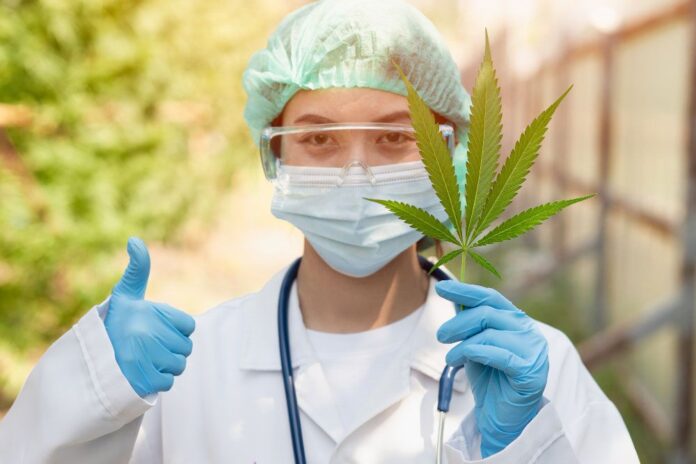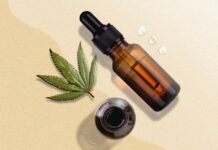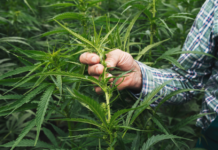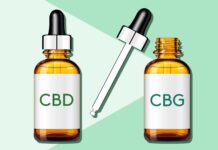With more states legalizing marijuana, as well as new delta 8 products on the market, you may wonder if CBD’s popularity is stalling. Not a chance!
The CBD market is projected to increase, as much as 21.2 percent by 2028, and at least $13.4 billion according to some reports.
One of the most daunting challenges still facing the CBD industry is the response of the Food and Drug Administration (FDA).
The FDA has punished several CBD stores and manufacturers for marketing CBD products.
This leads many to ask questions like, “Is CBD legal?” and “Will the FDA ever approve CBD products?”
In this article, we’re going to discuss the legal complexities and explain why CBD has such a questionable reputation. Then, we’ll consider what hope we have for the future.
The First CBD FDA Approved Drug
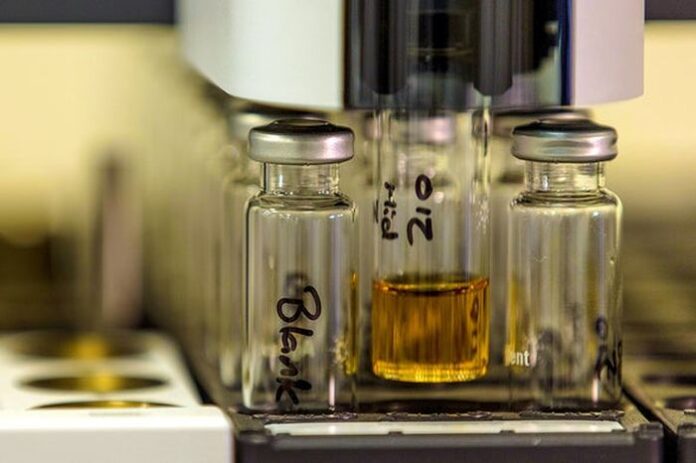
Some people may confuse the 2018 Hemp Farming Act (which decriminalized growing hemp) with a glowing “FDA seal of approval”.
The FDA must approve a product before the company can legally advertise and distribute it. To this day, there has been only one FDA cannabinoid-approved drug: Epidiolex.
Epidiolex is the prescription form of CBD, approved as an oral drug for the treatment of seizures.
It’s the purest version of CBD oil available and has a proven success rate of 39 to 51 percent.
GW Pharmaceuticals owns the Epidiolex brand and has seventeen patents in 22 different countries.
Meanwhile, smaller companies are marketing their hemp products. Coincidence? Let’s dig deeper.
Why is CBD Not FDA Approved?
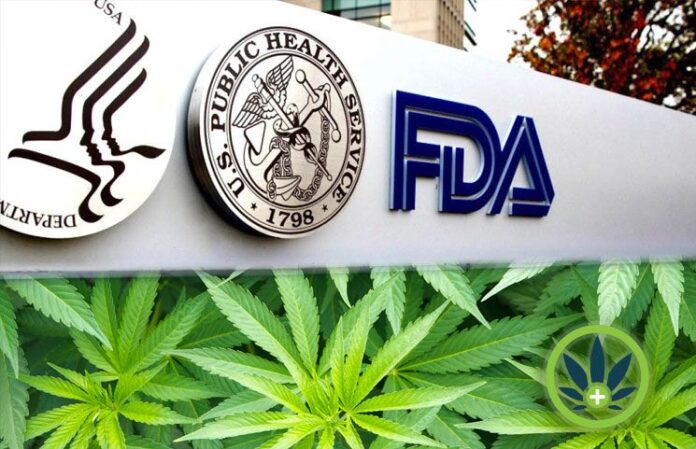
The FDA states that while still “legal”, the CBD industry remains unregulated at the federal level, and thus not FDA-approved.
This creates legal problems. The agency says that because CBD has not been tested for all of its suggested uses, it cannot approve any product that could “put the health and safety of consumers at risk”.
In the FDA’s defense, testing for Epidiolex was thorough. Epidiolex was effective in treating patients but only with specific diseases.
Complicated Legality of CBD as a Health Supplement
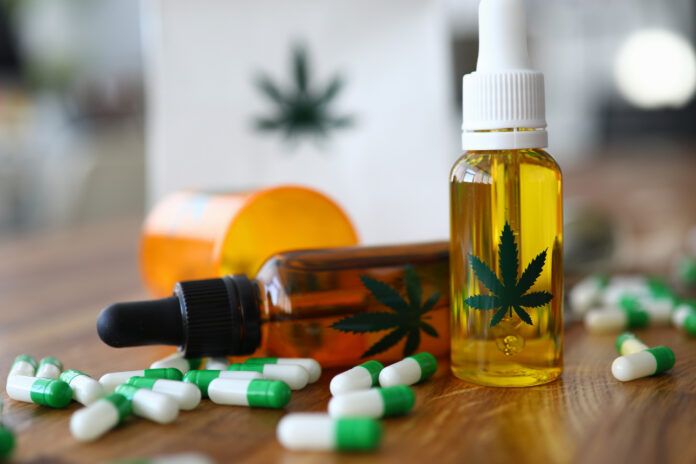
Still, some people believe that FDA approval is more of a political or commercial issue than a scientific one.
After all, the FDA’s own rules state that if the agency is considering a new drug as an “Investigational New Drug” (IND) for distribution, it cannot allow the same drug to be marketed as a dietary supplement.
To allow full distribution of CBD products would require the FDA to do something unprecedented. The agency would have to overturn an “IND preclusion” decision for a product already on the market.
The Stigma Around CBD
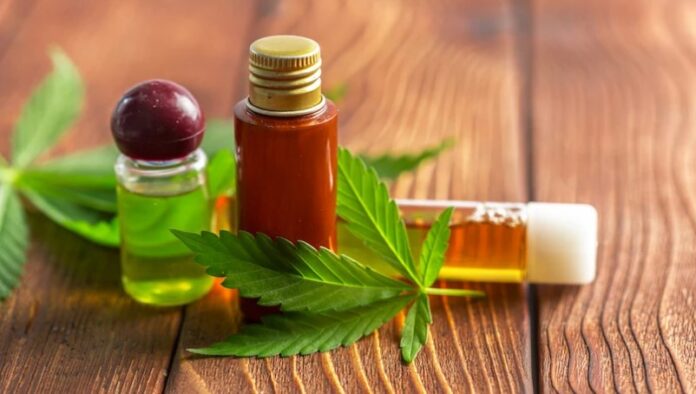
Spokespersons for the FDA have also suggested that CBD could harm users, not only because of high concentrations of CBD oil but also because of other possible ingredients in unregulated and misleading products.
While some sources have commented that Epidiolex elevated liver enzymes, most health websites conclude that CBD side effects are minor, especially when infused in low-dose products.
Take a look at CBD Rethink to see some health reminders. As you can see, the stigma around CBD is worse than the potential side effects.
Isolated reports of stores getting shut down or trucks pulled over can scare consumers. The negative news may cause people to believe CBD is a borderline illegal product.
However, it’s not. Advertising CBD as a health product is what remains illegal and that is at the root of the controversy.
The Battle Over CBD Industry Regulations
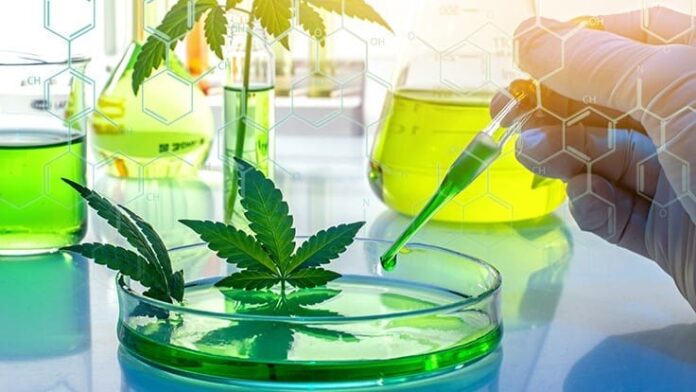
The FDA’s opinion is certainly not universally accepted.
Republican Senator Mitch McConnell, among others, has been pressuring the FDA to release regulatory guidelines on CBD products as early as 2019 so that companies can market products for health purposes.
However, even in late 2024, early 2024, the release of new regulatory guidelines has been continually postponed.
This can create problems for the legitimate CBD industry which believes in honest labeling, and testing, and safety for consumers.
Naturally, it also provides an opportunity for unscrupulous vendors who will sell poor-quality products with or without CBD content, and damaging filler ingredients.
No regulation is only hurting the reputation of CBD as a safe and tested drug!
Is CBD Approved Medicine Yet?
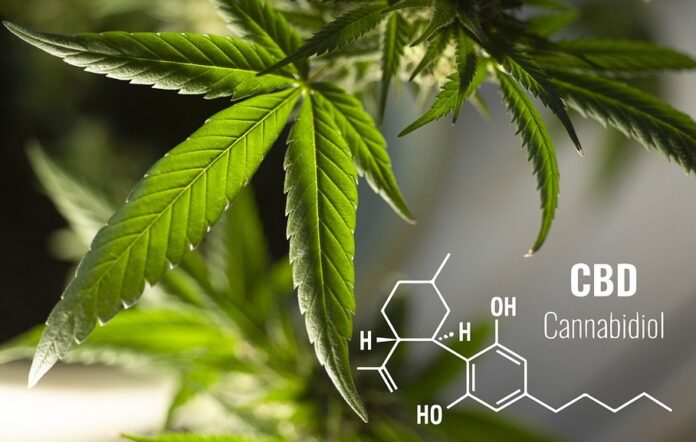
If you’re wondering what’s happening with CBD now and in the future, there is both good news and bad news to report.
Getting the FDA to agree to CBD industry guidelines has been problematic for quite some time. The FDA continues to send legal threats to companies who advertise CBD’s health benefits.
It seems the only way to market cannabidiol is to call it a leisure product that may or may not have harmful effects. But this viewpoint doesn’t agree with the research.
The good news is that many medical facilities and doctors are coming around and accepting CBD as a legitimate drug and health supplement.
Potential Health Benefits of CBD
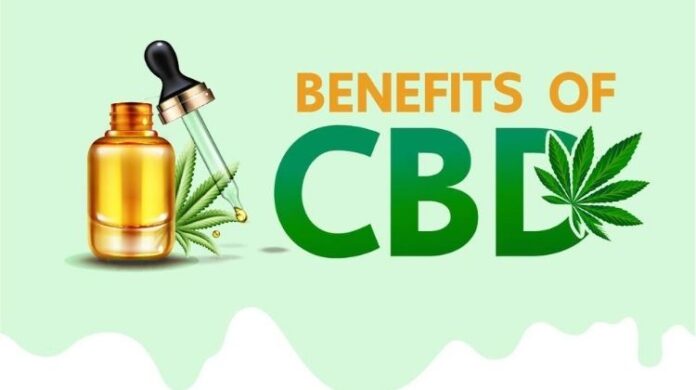
Research on CBD’s potential is slowly but surely giving the FDA pause on their unfounded claims that CBD may be harmful.
Check out Chart Attack to read the health benefits of CBD as well as why the science works (a study quoted in Journal of Experimental Medicine, no less).
Namely, CBD treats inflammation, and that’s what’s at the root of many forms of pain.
Another report that vindicates CBD enthusiasts is one coming out of the University of Szczecin. The study documented that caregivers found CBD to be effective in managing symptoms of Alzheimer’s patients.
The only real struggle in the study was the stigma of CBD, and how caregivers were unsure on whether cannabidiol was legal or not.
The cannabis industry is changing and we are entering into unprecedented territory.
The CBD Industry is Changing
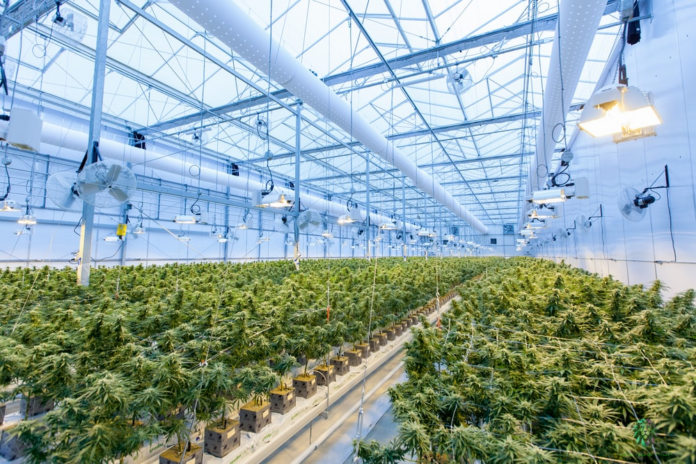
Doctors are acknowledging CBD’s efficacy while trying to stay safe and cooperative with the FDA’s rules.
But change is inevitable and consumers are waiting for the day when they can buy CBD and get clear answers about what conditions it can treat.
